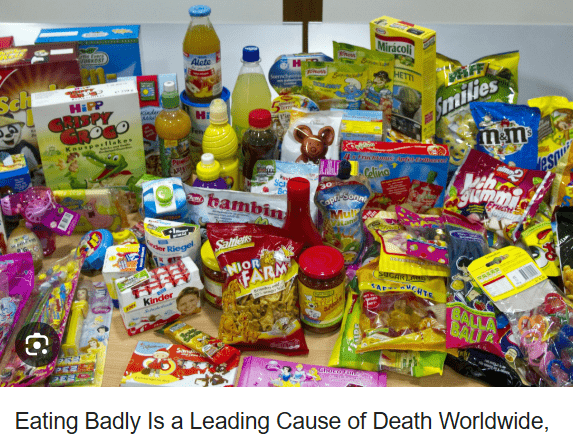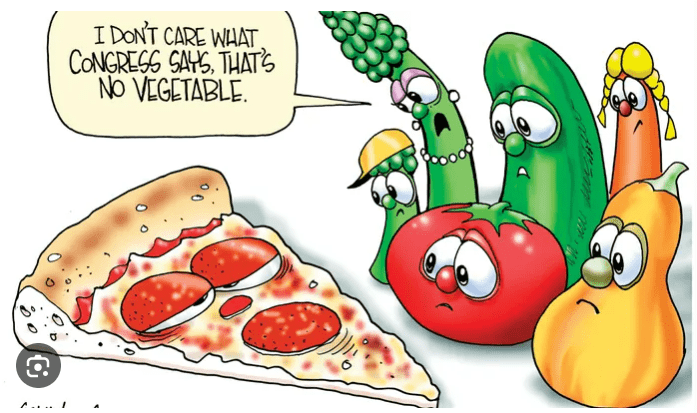
With health services in developed countries increasingly burdened by chronic illness linked to lifestyle choices, last Friday of May, we talked about the role governments might play in supporting healthier ways of living.
The discussion focused mainly on diet, specifically, the dominance of ultra-processed foods: cheap, convenient, and engineered for maximum craving, but lacking in nutritional value. Nineteen attendees explored the forces that shape our daily food choices, and the picture that emerged was far more complex than just individual willpower.
Three major themes came through clearly:
- Poverty is the root cause. For many, poor health and poor diet are not matters of choice but of circumstance. When ultra-processed food is cheaper and more accessible than fresh ingredients, the “choice” is hardly fair.
- Education is essential, but not enough. While schools can and should teach children about nutrition, knowledge alone doesn’t put better food on the table or change ingrained habits shaped by stress, marketing, and limited budgets.

- The food industry’s influence is vast. From product formulation to advertising aimed at children, commercial incentives are stacked against public health. But unlike tobacco, ultra-processed food is not just harmful—it’s also a staple of modern diets, making regulation a political and practical minefield. Yet without stronger intervention, the public health toll is likely to grow.

So what options are on the table? Should governments subsidise healthier food? Restrict advertising? Reform school meals? Or rethink the entire food system? What kind of action is truly effective—and politically possible?
Plenty of questions remain, along with room for further ideas and debate.
